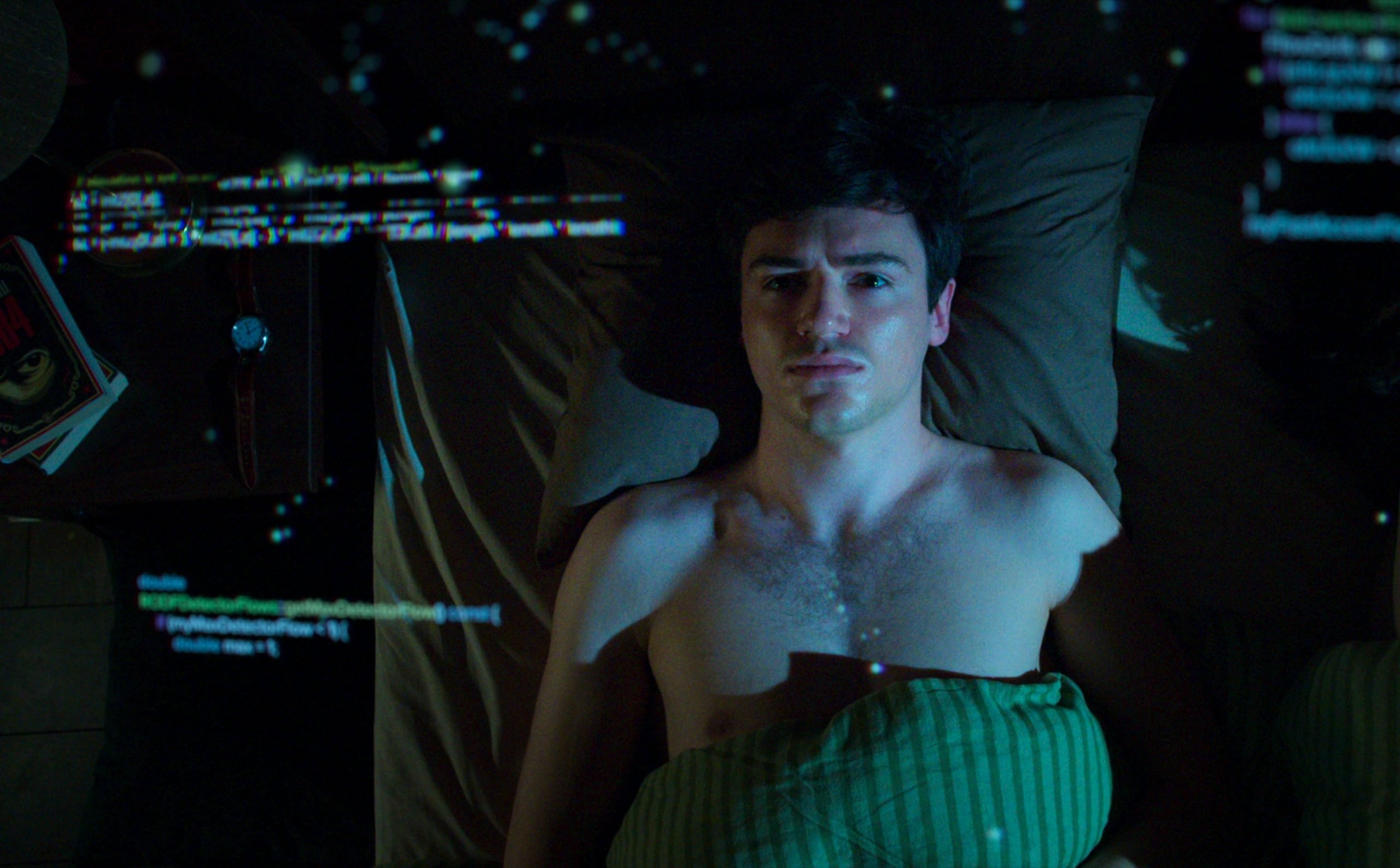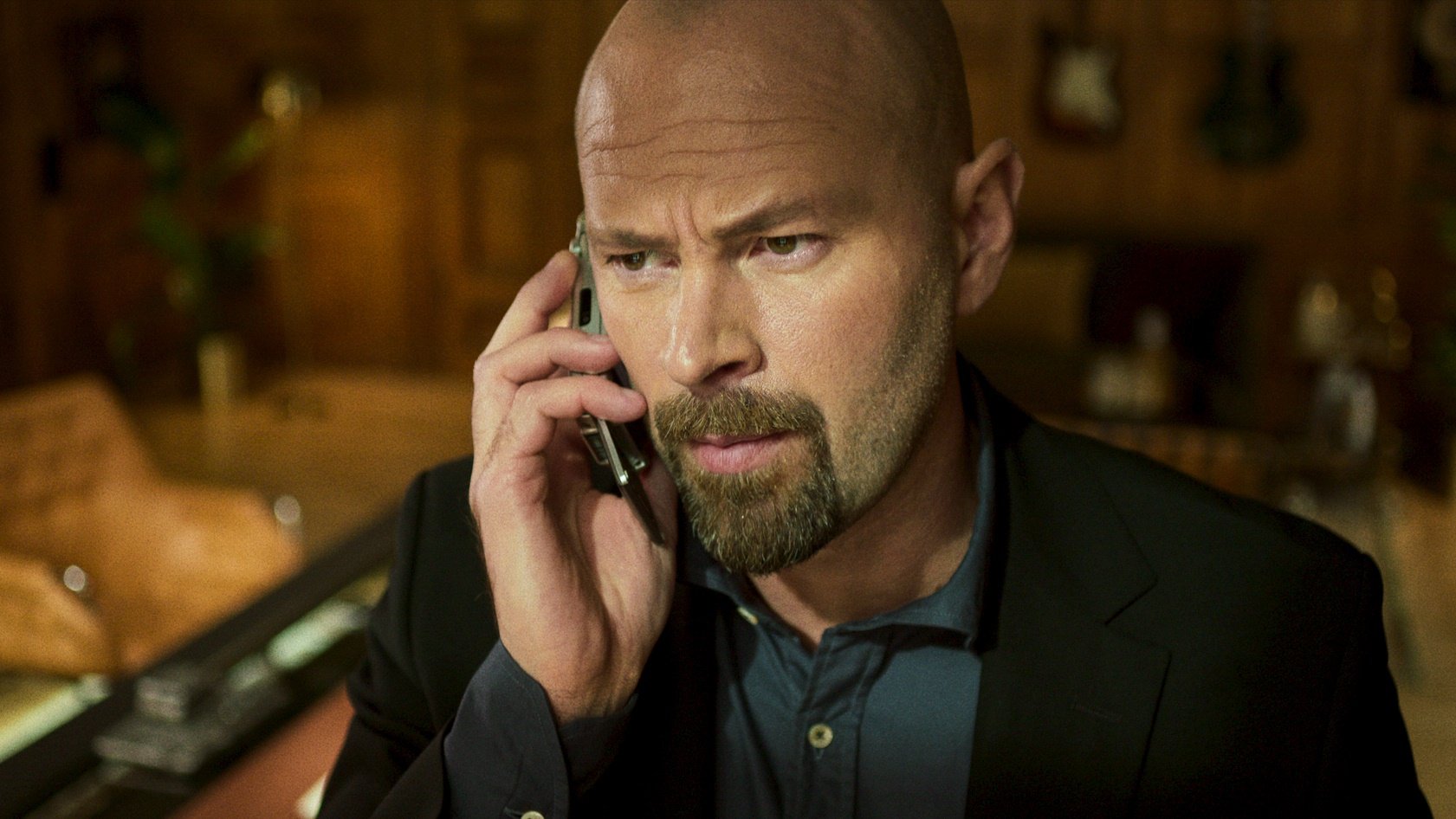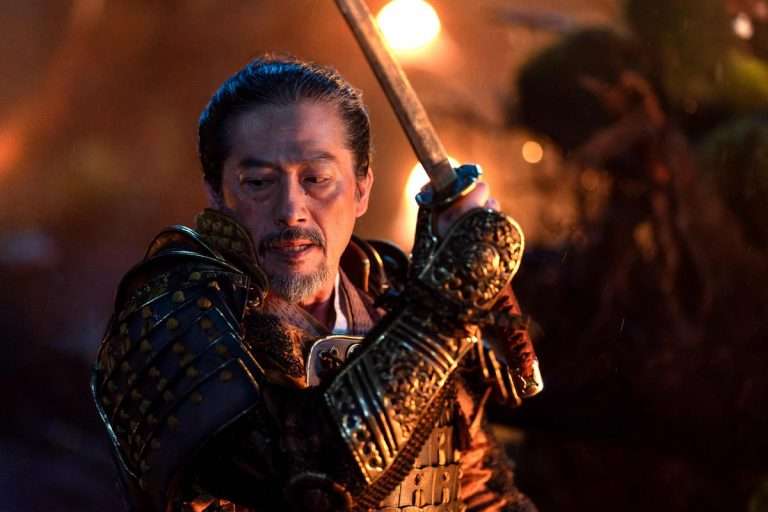The Playlist (2022) Netflix Miniseries: After the tech boom in the early 2000s, tech start-ups have constantly been in the limelight. With the appropriate knowledge, any computer freak aspires to leave a footprint on this industry by revolutionizing it in a way that no one can ever imagine. From Mark Zuckerberg to Larry Page, these men are revered as 21st-century superheroes. Like them, in 2006, a young boy in Stockholm created a music streaming platform that revolutionized the music industry.
Yes, I am talking about Daniel Ek and his creation, one of the largest music streaming providers in the world, ‘Spotify.’ Recently on 13th October, Netflix released The Playlist, a 6-part limited series on the implausible rise of Daniel and ‘Spotify.’ And with a great piece of writing and some stellar performances, the series becomes one of the most engaging shows about the fictionalized account of real-life people that I have seen recently.
The Playlist (2022) Netflix Miniseries Recap:
The Playlist takes up a pretty unconventional narrative structure, with various people associated with the creation of ‘Spotify’ sharing their perspectives on the whole operation. Throughout the six episodes, we encounter six different people who, one way or another, are involved in the colossal rise of this giant music streaming platform.
Episode 1 – The Vision:
In the first episode, we see all the activities from the perspective of Daniel Ek, whose brainchild eventually gave rise to ‘Spotify.’ He starts his story by talking about his happy memories with music. He talks about how for every emotion, there exists a music piece that complements it. He talks about how his mother can’t sit somewhere when her favorite song plays on the stereo or how he forgets to listen to whatever his neighbors are arguing about when the music starts. From this initial dialogue, we understand Daniel’s passion for music, which among the many reasons, will drive him to pursue the idea of establishing a music streaming platform.
Next, we learn about his early adulthood work in the auction company, ‘Tradera’, and his dissatisfaction with his work. He thinks he is too good for the job and tries switching to the tech giant ‘Google.’ But his application to Google’ was rejected due to a lack of a university degree. This rejection pushed him to build something new, and within six months, he created a company called ‘Advertigo,’ an online advertising company. After starting it, he finds its buyer in Martin Lorentzon and Felix Hagan.
He is fascinated with Martin and his risk-taking attitude when making the deal. Later, at a party, he tells Martin that he wants to do something big and compete with the Silicon Valley guys. Fascinated with the ideas, Martin says he is in if Daniel has anything to pitch to him.
One day while trying to download a song from the illegal piracy site ‘Pirate Bay,’ Daniel notices its shortcomings. He gets his business idea of providing free music to the listeners while simultaneously maintaining everyone’s best interests. He pitches the idea to Martin, and they start to gather the best tech nerds into their teams.
But as everything has to go by the books (that means everything has to be legal), the gathering of the music rights becomes very hectic as no one shows much interest in their business model, and Daniel becomes more and more volatile. Meanwhile, Sony Music Co. sues ‘Pirate Bay,’ and during an interview, when asking about the matter, its head, Per Sundin, says that it is a necessary step to let the music industry survive from sinking into oblivion. Still, at the same time, they need to be liberal for a change.
Daniel sees this as an opportunity as he thinks that maybe he will find the exact person who can help them with their problem. He meets Per Sundin in a club and pitches the idea of ‘Spotify.’ But as Sundin hears about ‘free music, he rages out of the scene.
Episode 2 – The Industry:
The second episode shifts the perspective to Per Sundin, discussing his story version. During the early 2000s, with the rise of piracy websites, the music industry in on the verge of collapse. As the head of Sony Music Co. Sweden, Sundin is forced to sack many of its employees to cut costs. But, as time progresses, things turn out worse than ever as the increased number of pirated music downloads infuriates him, and he declares war against the creators of ‘Pirate Bay.’
With his influence, he orchestrated some raids on their work headquarters and tries to disrupt their misdeeds. But this allows the pirates (I would call the founders of ‘Pirate Bay pirates) to pull off a publicity stunt in their favor by calling it a movement against the record companies.
Facing backlash on this matter, Sundin tries to find some middle ground on this matter with the pirates, but everything goes in vain. At the moment, Daniel comes to pitch his business model of ‘Spotify.’ But as the earlier episode offers shows, Sundin rejects everything after hearing about free music.
But after he contemplates this matter calmly and has some good advice from his wife and secretary, he sets a meeting with Daniel and sees his platform. After trying the podium, he is pretty fascinated by the idea of having a library of music with the addition of a jukebox attached to it. He pitches this to his superiors. Initially, they all seem pretty indifferent about the idea, but with time, it becomes the only way to save the music industry from the hands of people like pirates (meanwhile, the pirates get arrested and get into prison for one year) and eventually get launched by clearing all the legal deals with the music companies.
Episode 3 – The Law:
Though the second episode tells us how the music industry comes forward to accept the idea of digital streaming of music, there are still many red tapes to overcome by the ‘Spotify team to launch their platform. In this episode, we are introduced to Petra Hansson.
A respected lawyer working in one of the biggest law firms in Sweden, Petra is one of the best out there. She holds important positions in the firm but is pretty dissatisfied with her work as she is treated as a junior lawyer and not permitted to work on high-profile cases.
Meanwhile, she is offered to join as the legal counsel for the ‘Spotify team and help them to secure music rights from music companies. She takes up the job as an opportunity to do something different. She tries to negotiate with the music companies, but they ask too much in return. This infuriates Daniel, and, during several meetings, he lashes out. Petra tries to calm Daniel down and tells him to consider their options. But Daniel is adamant about not compromising his vision of free music and access for all. Meanwhile, they are also running out of cash. As a result of all these, Petra disappointedly leaves ‘Spotify.’
She goes to her earlier life but comes up with an idea one day during one of her meetings. She comes to Daniel and pitches him that they should take down some features for the free users and then allow some for premium users with a subscription fee. Daniel realizes the situation and agrees to this. But the music companies (notably Sony) still don’t budge as they want 50% of the share of ‘Spotify.’ A colleague of Petra suggests she convince Daniel to open the gates for the music companies by offering them the stakes, and they will try to lower the percentage of the share amount. With no other options available, Daniel accepted the compromise and eventually secures the music rights with the help of Petra.
Episode 4 – The Coder:
In episode 4, we get to know the story through the perspective of the chief coder of the ‘Spotify team, Andreas. The episode starts with his monologue about coding and how one can create a perfect world out of it.
The episode starts with the origin story of Andreas as a coder in the company named ‘Stardoll.’ Like Daniel and Petra’s previous stories, Andreas feels like he is too talented to work in a company that doesn’t value his work. We get to know that Daniel worked as a consultant during his tenure at ‘Stardoll.’ There, he was fascinated by his innovative ideas and told him about his plans for ‘Spotify,’ asking him to join him and Martin.
Intrigued by Daniel’s enthusiasm towards doing something new, he joins them and suggests they hire some great coders of the country. They start to make the platform together, and everything seems to be going great for Andreas, but suddenly, Daniel becomes very volatile toward him and asks him to make insane changes to the forum. With much hardship and friction with Daniel, Andreas delivers the thing at the cost of his personal life.
In the end, he feels betrayed by the eventual compromise from Daniel’s side and is disappointed. He then leaves ‘Spotify,’ alonwith his girlfriend.
Episode 5 – The Partner:
In episode 5, we come to know about the perspective of Martin. In this episode, we see him reminiscing about the foundation of ‘Spotify’ on a radio podcast.
It starts with the first meeting between Martin and Daniel and how Martin recognizes the talent of Daniel at first glance. He then talks about how he inspires him to think about a company where they can invest and do something new.
The episode follows how he finds out the right people (like the Global Marketing Manager and the investors) with his tricks of flamboyance and risk-taking attitude. But this pretension also becomes quite problematic with the company image, and in the end, Daniel has to tell him to come down as the Chairman of the Board.

Episode 6 – The Artist:
In this episode, we see the perspectives of the artists who have allowed their music to stream on ‘Spotify.’
The episode shows it from the perspective of a recurring character named Bobbie T. She is a childhood friend of Daniel and a good musician. Yet, being a good musician, she is never given her due by the so-called industry savior. She is endorsed by ‘Spotify’ but she does not get her due share of royalty.
Also, the market is so dominated by ‘Spotify’ that the musicians like Bobbie can’t go anywhere else but to people like Daniel. However, Daniel is not doing anything to resolve it. Due to this indifference, she and other musicians like her protests against Daniel, which tarnishes his reputation.
In the end, we come to a congressional hearing where the members of congress rebuke Daniel and his business model for monopolizing the market. Also, one step ahead, Bobbie accuses Daniel of exploiting the artists from this business model. On a bittersweet note, the series ends with Daniel standing with Bobbie on the other side, making us eager to know what can happen next. But the director tricks us with the last shot as it indicates that the conversation is fake and it is just part of a shooting of a film or series.
The Playlist (2022) Netflix Miniseries Ending, Explained: What is the Significance of the Last Shot?
The Playlist ends in a weird fashion with the last shot that makes us speculate. We see the actor playing the role of Daniel Ek throughout the series, standing right behind a blue screen and from behind a voice saying, “That was the last shot for me and you too guys!” From this, we can all understand that it signifies a film or series being shot. But why do the creators use this shot at the end of the series?
First of all, The Playlist is a fictional account of real-life people. In real life, there is Daniel Ek, Per Sundin, and Martin Lorentzon. But not all the things that need to be shown in the series happen in that order or happen at all.
So, it is pretty self-reflective to remind us about the hidden fiction behind the presented truth. Like Abbas Kiarostami does in his 1997 film Taste of Cherry, The Playlist also tries to alienate us from any utopian expectation.
This can also be interpreted as an objective perspective after all the personal stories we see from multiple characters.
In the last scene of The Playlist, we don’t see Daniel Ek (the real one) but the actor who plays Daniel Ek. So, the character the creators create as Daniel Ek is destroyed by the shot and goes to an objective point of view to ask us about the fundamental question – what is your take on all of this? Do you think it is an inspirational story about tech start-ups? Or a story about a deception that exploits artists? Or a marketing formula for the capitalists?
Well, whatever the answer may be, it is for sure that this ending is quite deep in its self-reflective way, despite being absolutely bizarre to comprehend.





![Daddy Longlegs [2009] Review: The Most Personal Safdie Brothers Films](https://79468c92.delivery.rocketcdn.me/wp-content/uploads/2020/07/EB20100609REVIEWS100609977AR-768x432.jpg)

